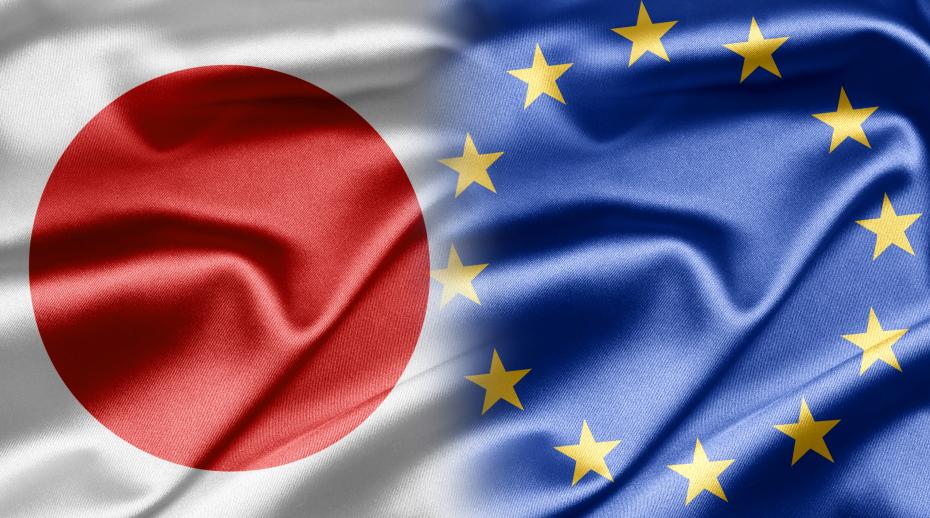
On 29 September, SIPRI hosted a hybrid workshop to examine how the European Union (EU) and Japan approach ‘de-risking’. In recent years, geopolitical tensions and great power competition have led many countries to adopt and implement stricter measures to safeguard their economies from political pressure and supply-chain disruptions—an approach that has come to be known as de-risking.
The workshop was led by SIPRI’s China and Asia Security Programme and assembled experts, scholars, trade officials and former diplomats from China, Finland, France, Germany, Italy, Japan, Sweden, the United Kingdom and the United States. The workshop explored the concept of de-risking and how de-risking policies have been, are or will be implemented in practice. The discussion focused on how two important geopolitical actors—the EU and Japan—balance their strategic concerns and economic interest with respect to China. It was conducted under the Chatham House Rule.
The full-day event included four panels. Two morning panels unpacked the various interpretations and practices of de-risking, and the afternoon panels explored challenges and opportunities of implementation, as well as alignment and collaboration between the EU and Japan.
About SIPRI’s China and Asia Security Programme
SIPRI’s work on China and Asia provides timely, independent and policy-relevant analysis based on primary research, in-depth field work, and dialogue activities with Chinese/Asian and other counterparts. The programme pays particular attention to China’s growing global footprint in several parts of the world. Its research and publications focus on three overarching themes: (a) international political economy and geoeconomics; (b) development aid, peacebuilding and the Global South; and (c) foreign, defence and strategic policy.
Click here to read more about SIPRI’s China and Asia Security Programme.